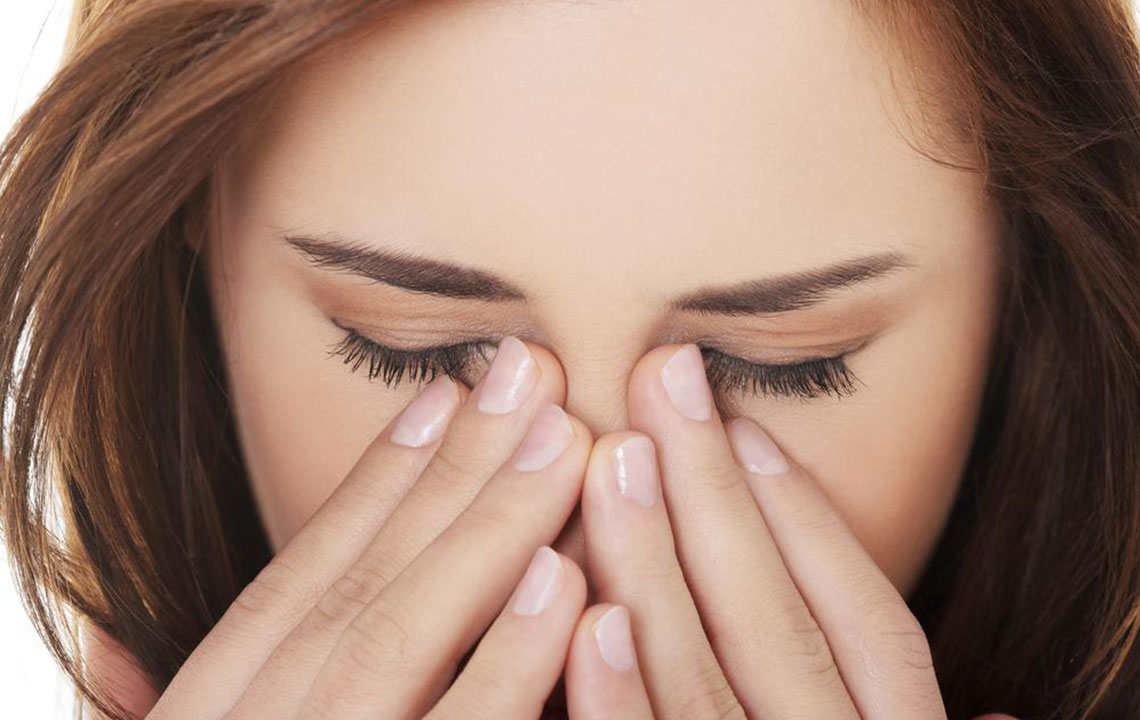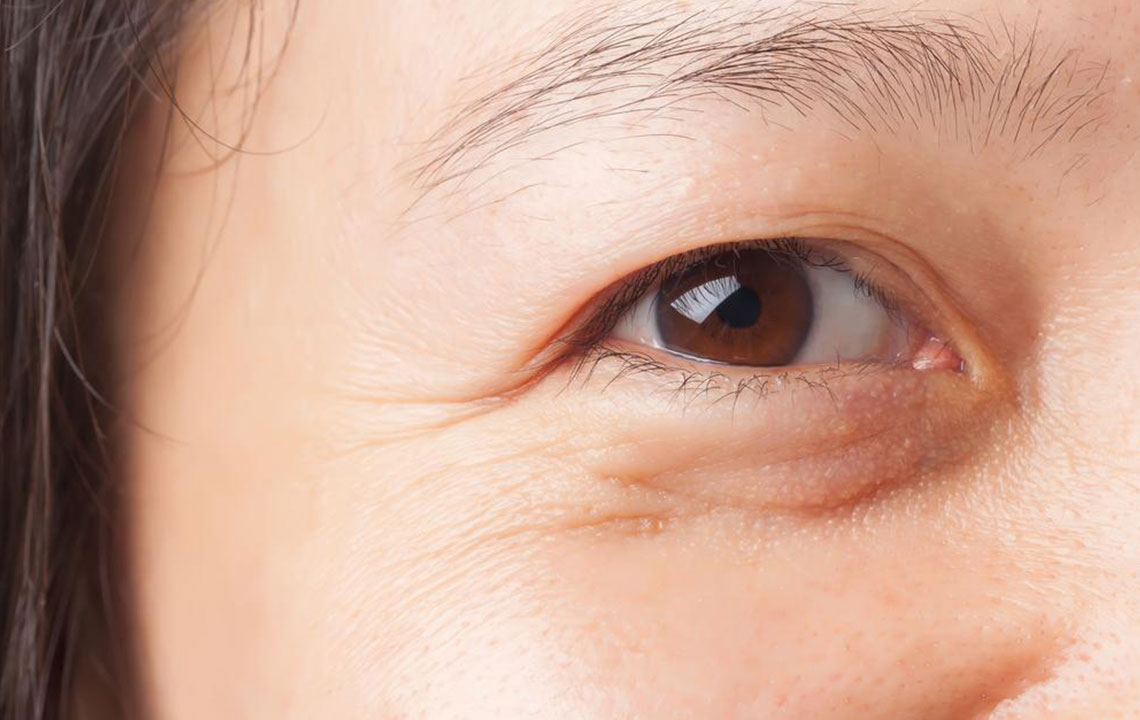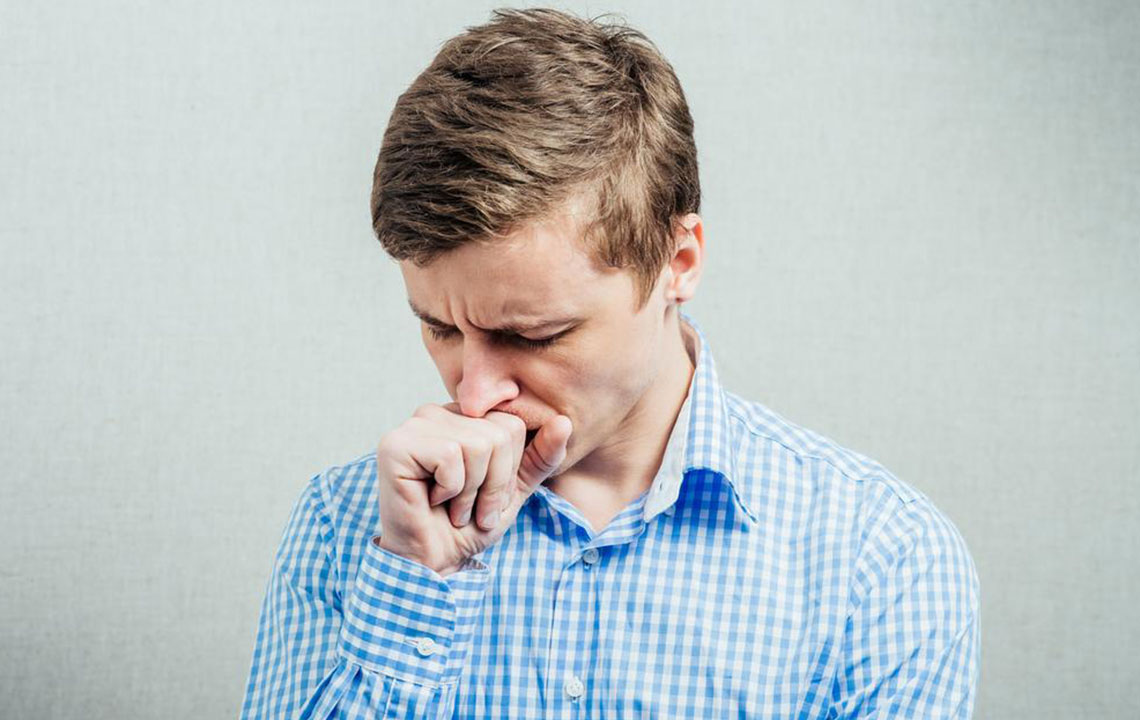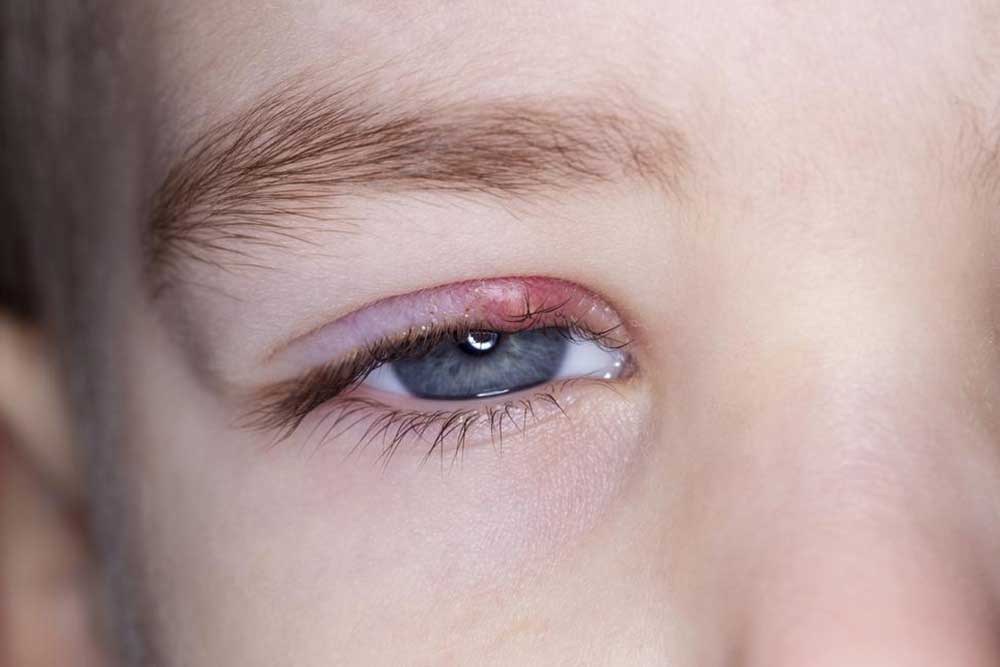Understanding Eye Twitching: Causes, Types, and Solutions
Learn about eye twitching including its types, common causes, and effective remedies. Recognize symptoms that require medical attention and discover simple ways to manage minor spasms with rest, stress reduction, and eye care. Understanding these aspects helps in maintaining healthy eyes and preventing prolonged twitches that might indicate underlying health issues.
Sponsored
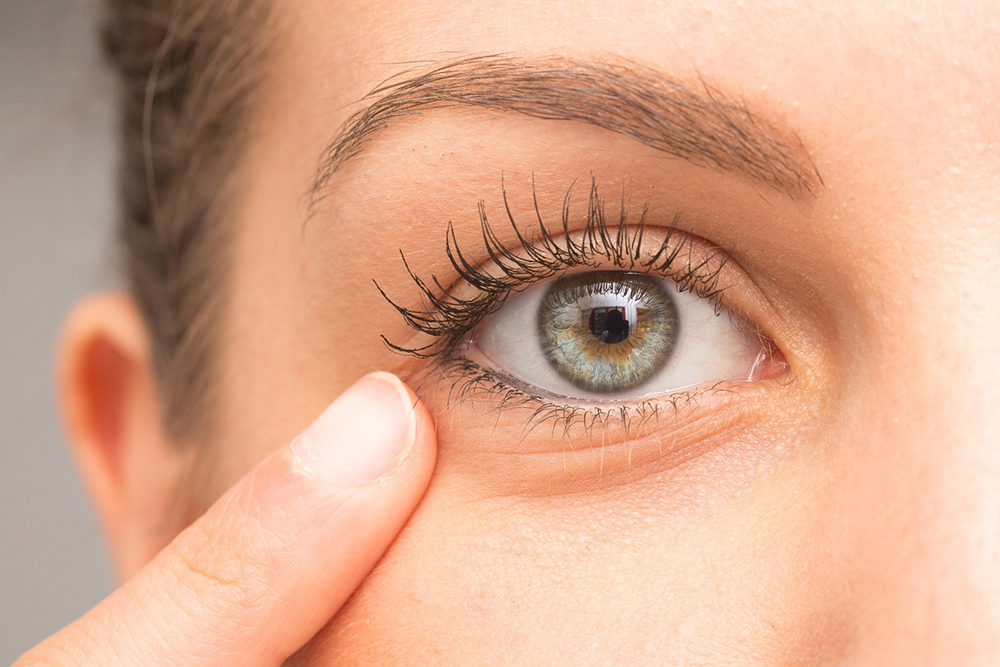
Eye twitching, or eyelid spasms, happen when eyelid muscles involuntarily contract repeatedly. These occasional twitches are common and often temporary, caused by factors like fatigue, eye strain, or irritation. However, persistent or intense spasms could signal underlying health issues. Recognizing the different types of eyelid twitching helps in identifying appropriate treatment. Causes include lack of sleep, stress, excessive caffeine, eye-related problems, and neurological conditions. Simple remedies such as rest, relaxation techniques, and eye care can usually alleviate minor twitches, but persistent cases should be examined by an eye specialist.
Types of Eyelid Spasms
Benign Myokymia - Mild, irregular eyelid movements usually affecting the lower eyelid, often caused by fatigue or stress. Typically harmless, these spasms resolve with adequate rest, but prolonged twitches should be checked by a doctor.
Chronic Blepharospasm - Persistent eyelid contractions that can interfere with vision. Frequently developing in middle-aged and older adults, it may worsen over time, causing discomfort and light sensitivity.
Hemifacial Spasm - Involuntary spasms affecting one side of the face, often linked to nerve compression by blood vessels. These start episodically and may progress to involve multiple facial muscles, sometimes leading to eyelid closure.
Common Causes of Eyelid Twitches
Sleep deprivation or exhaustion
High stress levels
Overexertion or strenuous activity
Excessive caffeine consumption
Additional causes include eye strain, allergies, dryness, exposure to bright lights or irritants, neurological disorders like multiple sclerosis, inflammation of the eyelids, infections such as conjunctivitis, and migraine episodes.
Effective Remedies for Eye Twitching
Ensure Adequate Sleep - Prioritize 7-8 hours of quality sleep each night and maintain a consistent sleep routine. Avoid caffeine and heavy meals before bedtime to improve rest.
Limit Screen Time - Take regular breaks during prolonged gadget use by following the 20-20-20 rule: every 20 minutes, look 20 feet away for 20 seconds to reduce eye strain and prevent twitches.
Apply Warm Compresses - Use a clean warm cloth on closed eyes for a few minutes to soothe muscle spasms and promote relaxation.
Manage Stress - Engage in calming activities like meditation, deep breathing, or hobbies to lower stress, which can trigger twitches.
Stay Properly Hydrated - Drink plenty of water and fluids rich in electrolytes, such as coconut water and soups, to prevent dehydration-related spasms.



